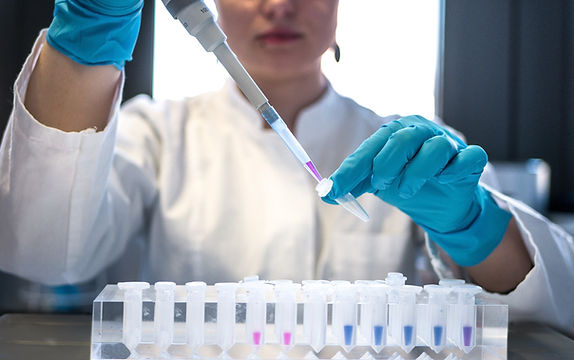
Vitrimers stand for permanent networks of polymer chains held together by covalent bonds that form, unform, and reform in a dynamic fashion. We are extending this concept to biopolymers and biocolloids by using the dynamic covalent toolbox to tailor the assembly and disassembly of materials based on biorenewable building blocks.
Vitrimers


Polymersomes and Coacervates
Polymersomes (i.e. polymer vesicles) and nanostructures with tailored liquid crystalline cores arise from polymer and surfactant aggregation. We are rendering these structures selectively permeable to control compartmentalized entities for confined reactions, cell-mimicking, nanosensing, and delivery purposes.
Wormlike / Reverse Micelles
Wormlike micelles are nanometric aggregates that grow anisotropically to reach micrometric scales, combining properties of micelles with rheological features of polymer solution. We are using wormlike micelles as nanoreactors to host chemical reactions in confined environments.


Protein Corona
Protein corona stands for non-specific protein adsorption onto nanosurfaces that happens in biological media with potential advantages and disadvantages as far as targeting capacity. We are fine-controlling protein corona through the surface chemistry of inorganic nanoparticles.
Responsive Polymers
Responsive polymers respond to external stimuli (pH, temperature, light, for example), changing their chemical and physical properties. We are using responsive polymers to modify particles (responsive particles) and to prepare polymersomes and micellar systems


Grafted Nanoparticles
Responsiveness allows external stimuli to trigger morphological and structural changes in colloidal systems. We are rendering biorenewable building blocks (e.g., cellulose and lignin nanoparticles) responsive to different stimuli in order to control their colloidal association and functionality.
Polyelectrolyte Complexes
Polyelectrolyte complexes result from the associative phase separation among oppositely charged entities. We have been using this approach to prepare polyplexes, complex coacervate core micelles (C3Ms), and saloplastic films and foams.
